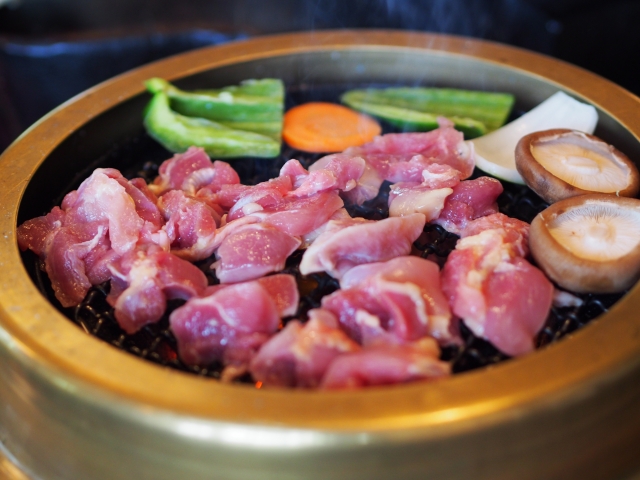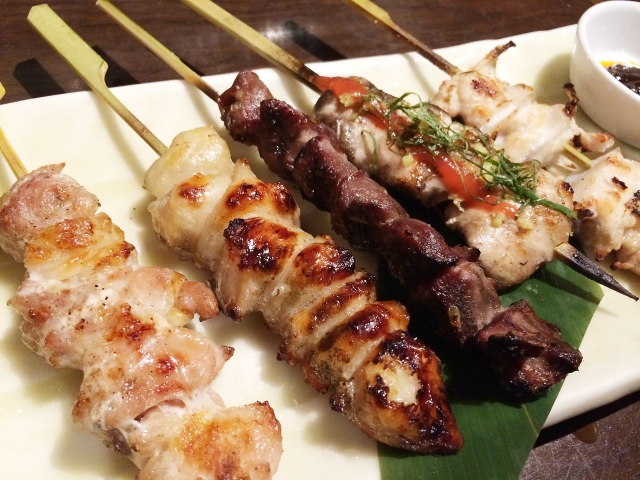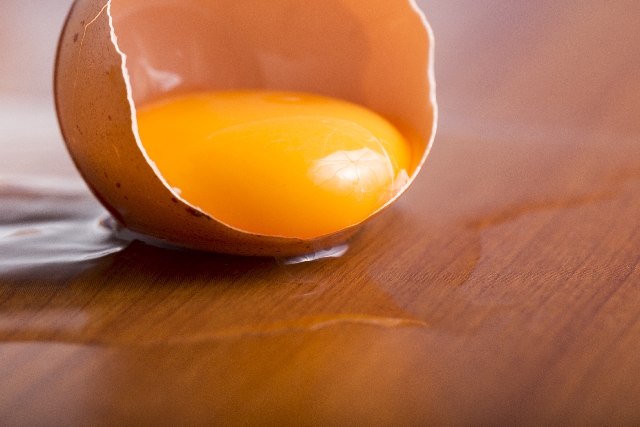Jidori Chickens – The National Pride
Translating as “chicken from the local ground”, Jidori chickens are far more succulent, firm in texture and expensive than the affordable commercial broiler chickens. Unlike Kobe Beef that is exclusively from Kobe, there are various brands of Jidori chickens from various regions. In this article we will look into the unique traits of Jidori chickens and find out why they are recognized and raved about both locally and abroad.
What Is The Definition Of ‘Jidori’?
The history of Jidori poultries goes back as far as the ancient Yayoi era, that is around BC 300 to AD 300. Legend has it that the origins of the Tosa-jidori came all the way from the Korean Peninsula. Over the subsequent centuries the ancestors of Shoukoku were brought from the mainland China and those of Oh-shamo, Chabo, and Ukokkei arrived from Thailand, Vietnam, and China, respectively. Under the definition stipulated by the Japanese Agricultural Standard (‘JAS’), today’s Jidori are cross-bred chickens with over 50% of native-bred hereditary. Jidori chicken is therefore a hybrid of a native Japanese breed and a commercially imported breed. (Commercial breeds are known as broilers.) Within three months of hatching, broilers are chosen to be raised specifically for meat production.

By combining the softness and the tenderness of the broilers with the wild, almost game-like texture and delectableness of the native breed, Jidori is a much sought after chicken meat. However, with a mere one percent of the entire domestic chicken meat production, Jidori chickens that meet the JAS criteria are extremely rare and unique.This beckons the question – if the ratio of cross-bred chickens is so low, then why bother producing? One of the reasons is that the native Japanese chickens are unsuitable for an effective commercial breeding. The other is because native chickens are classified as rare species and designated as one of the “Natural Monuments of Japan” and protected by the nation. Their meats are prohibited from being sold under the singular brand. Jidori chicken meats are therefore the closest thing to those of the native breeds. Having said that, there is a third brand of chicken alongside broilers and Jidori called Meigaradori, meaning ‘brand chickens’. Similar to Jidori, Meigaradori poultries are bred for commercial consumption in specific regions.
Top 3 Jidori Brands
The strongest and most popular Jidori brand by far is Nagoya Cochin. It is a cross breed of Chinese Buff Cochin and the native breed from Owari, the current Aichi Prefecture. Nagoya Cochin had gone through the scandal of false represented Jidori brand in 2009 but the local producers were quick to act by forming a self regulatory body to maintain the brand identity. The meat is reddish pink in color with rich flavor and a firm texture. Not only its meat is a novelty but the eggs laid by Nagoya Cochin are also tasty and high in demand.
Another popular brand is Hinai-jidori from Akita which, too, was tainted by the false Jidori debacles few years back. A cross between the local Hinai-dori and the imported Rhode Island Red breeds, Hinai-jidori is strong in flavor and in chewiness like Nagoya Cochin. It is also distinctively plump and rich in fat, making this chicken an ideal ingredient for the famous local dish called Kiritampo. Kiritampo is a hot pot of sticky rice stick, chicken pieces and vegetables simmered in full-flavored chicken broth. Every January the annual Hinai-jidori festival takes place, which is a nice touch to honor the cross-bred chicken by mixing the traditional rituals with a cheering ambience of gastronomic festival.


Awa-odori, rhyming with the largest and the most famous Japanese dance festival, is a brand of Jidori from Tokushima Prefecture. For over a decade, the local agricultural center had made several attempts of crossbreeding the native Shamo with White Plymouth Rock, resulting in a successful birth of this Jidori chicken in the late 1980s. A bento box containing succulent slices and cooked minced meat of the chicken called Awa-Jidori Bento is available at Tokushima Station. It is counted as one of the most popular railway bento boxes in the nation.
Gaining International Popularity
Similar to Kobe Beef, Jidori is starting to catch the eyes and taste buds of gourmands around the world, as well as winning over the hearts of many celebrity chefs. This has prompted an American food distributor in the 1990s to start breeding organic, free-range Jidori-like chickens in the States. Though trademarked as Jidori, the criteria is much more ambiguous than that of JAS but the robust flavor and the firmness in texture are making foreign Jidori stand out from the factory-raised chickens.
